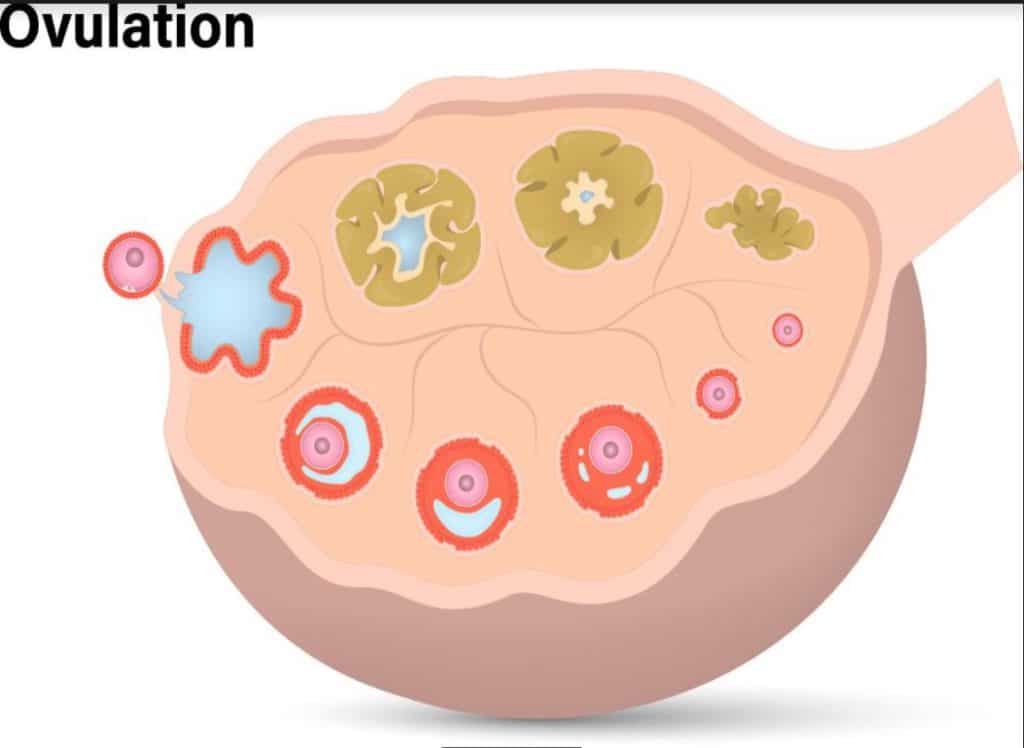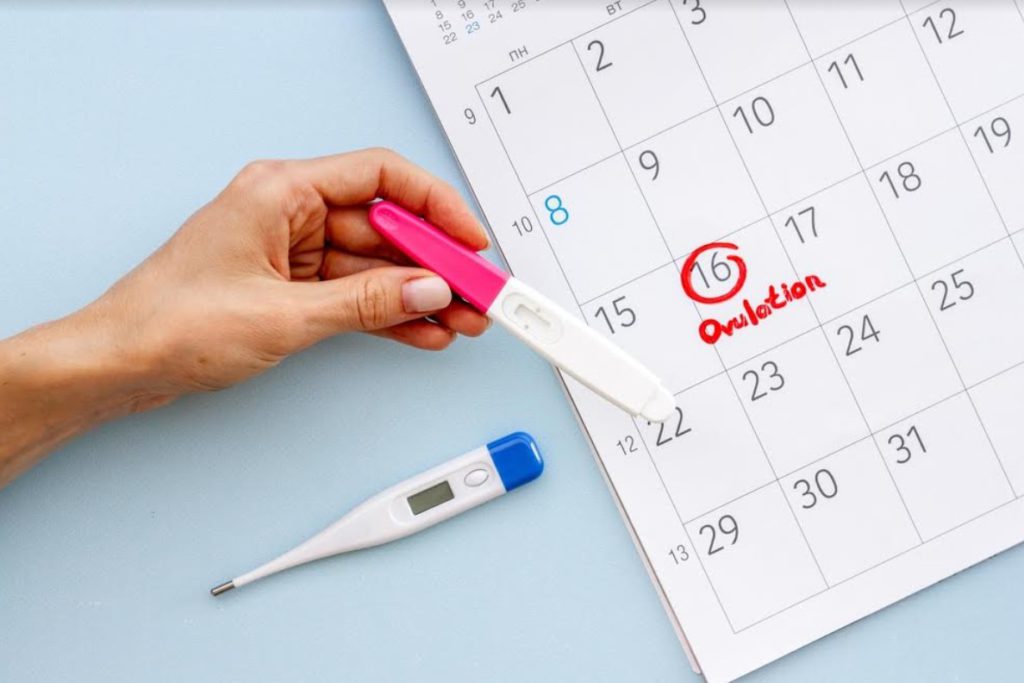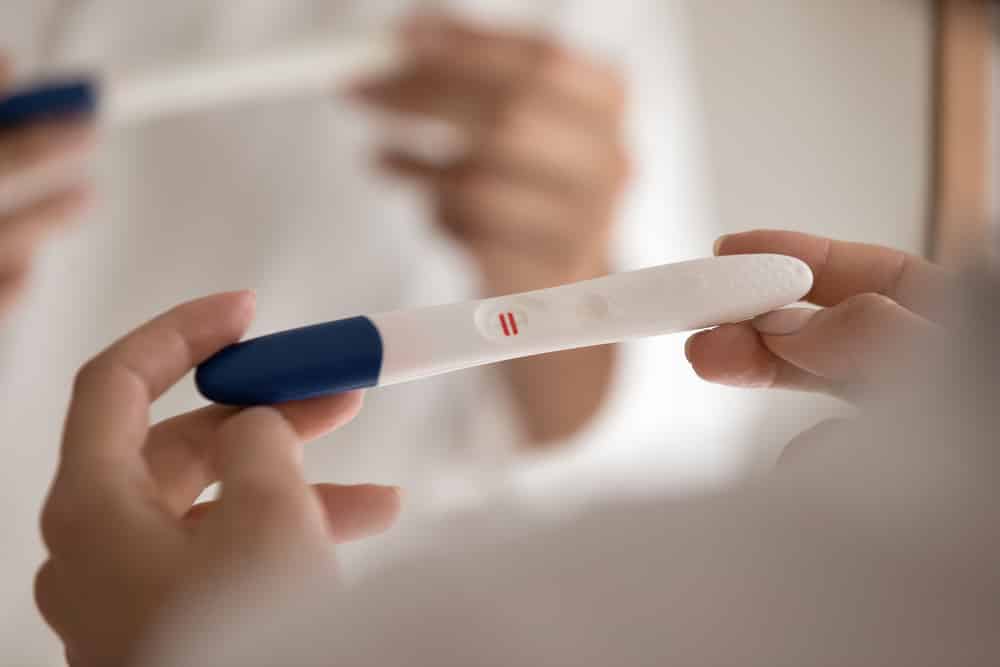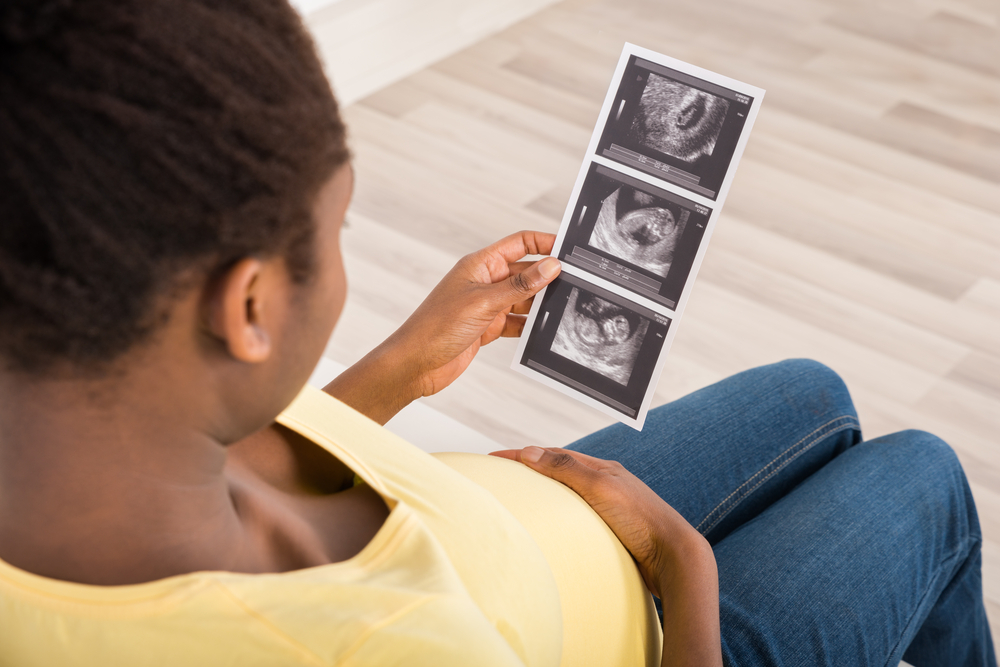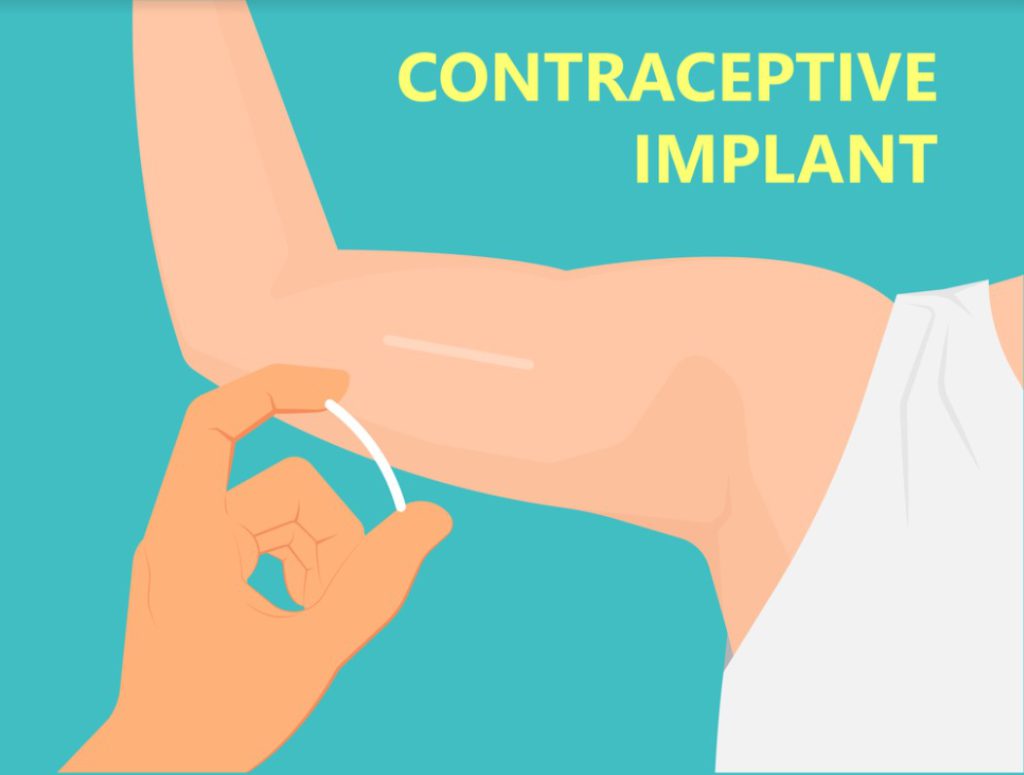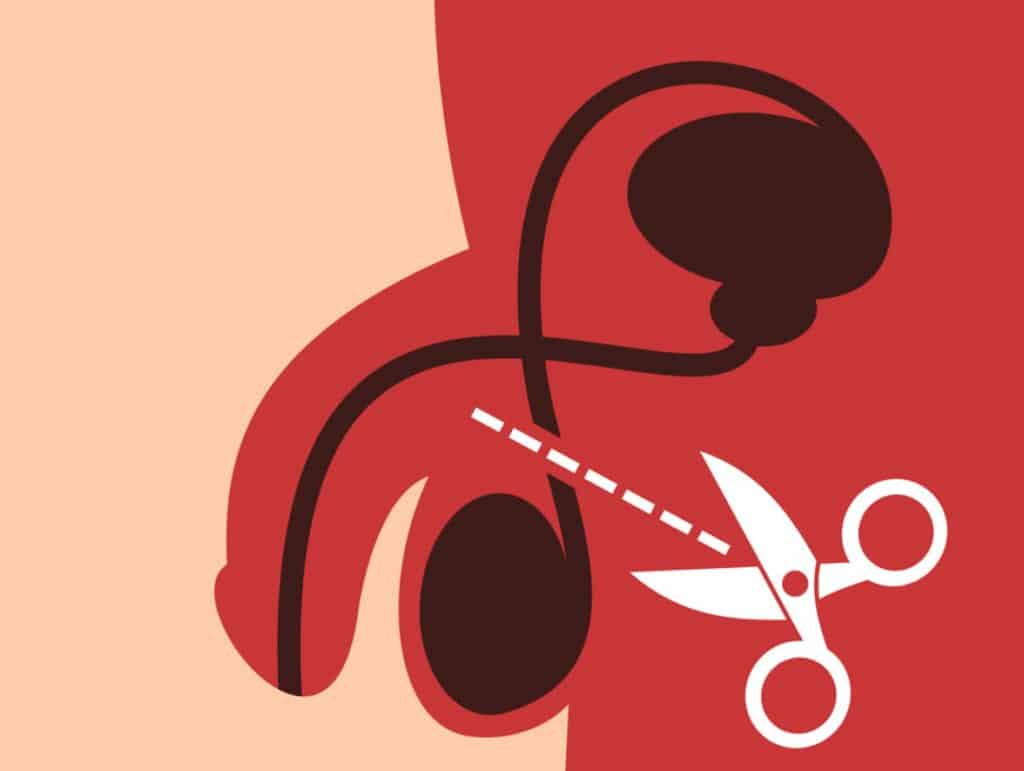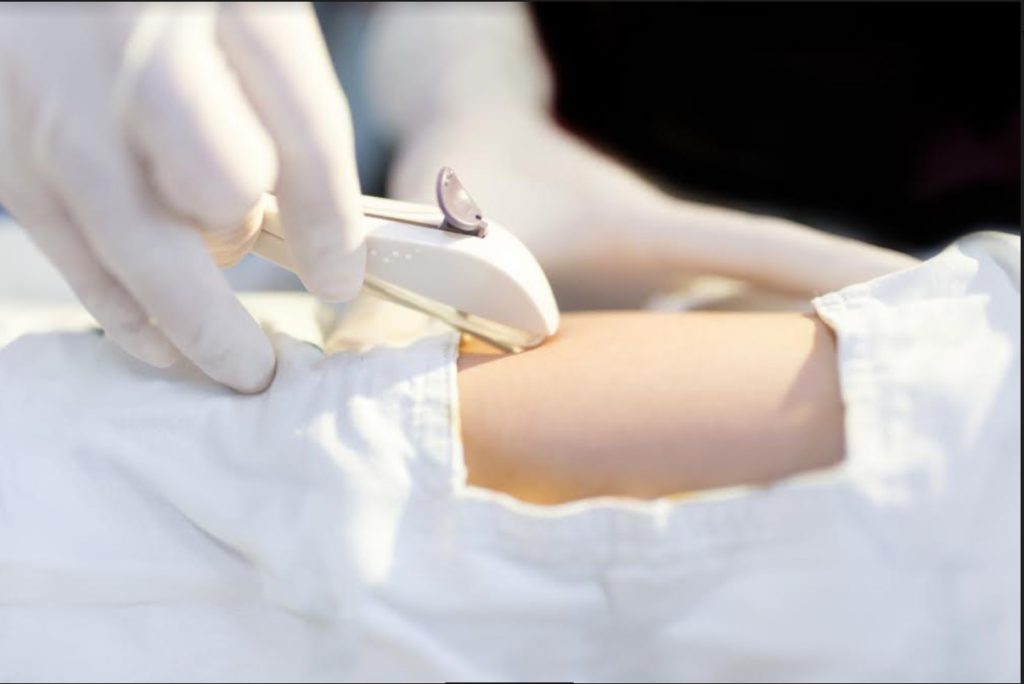Babies can make grunting noises at various times of the day and night, from newborns to toddlers. Some parents are concerned about these noises even though, in most cases, they are perfectly normal. This grunting, however, can occasionally point to a medical problem, such as mucus buildup, gastric reflux, or irregular breathing.
This article discusses the causes of newborn grunting. It also explains the related symptoms, home treatments, and when to see a doctor. Let’s get right into it!
Is Newborn Grunting Normal?
You watch every single sound and movement your baby makes as a new parent. Most of the time, your baby’s gurgling sounds and squirms seem so adorable and helpless. However, if they moan, you may wonder if they’re in pain or in need of assistance.

Grunting in newborns typically has to do with digesting.
Simply put, your infant is adjusting to breast milk or formula. Due to the fact that they haven’t yet learned how to get things through, babies may feel uncomfortable due to gas or pressure in their stomachs. Although grunting is generally acceptable, if your baby is grunting constantly, has a fever, or seems to be in distress, visit your doctor. This grunting may be an indication of a more serious respiratory issue that requires urgent care.
Causes of Newborn Grunting
As they get used to having bowel motions, newborns frequently grunt. This is commonly referred to as “grunting baby syndrome” by doctors. Rest assured, it’s fairly common and rarely a sign of something serious.
Adults frequently relax their pelvic floor while passing stools by applying pressure with their stomach muscles, which aids in moving the feces through the digestive tract. A newborn uses their diaphragm muscle to move their intestines, initially because their stomach muscles are not yet strong enough to do so. They may grunt as a result of pressure on the voice box caused by the diaphragm’s workout.

Other reasons why infants grunt include:
- Irregular Breathing Patterns: as they learn to manage their breathing patterns, newborns may grunt.
- Mucus in the Nose and Nasal Passages: your baby’s nasal canal and nose are both rather small. It makes feeding easier as they generally breathe through their noses. Babies frequently produce a lot of mucus. Their little nose or nasal canal can become obstructed very easily, resulting in odd noises, coughs, and sneezes.
Wipe your baby’s nose, use a nasal aspirator, or give them a baby-specific saline nasal rinse to help them clear their nasal channel. If your infant is groaning with each breath, call a doctor right away.
- Acid Reflux: Some infants get acid reflux. During digestion, this may cause gurgling and grunting noises. The muscles in your baby’s digestive tract are still growing, so they occasionally fail to keep the muscle between the stomach and esophagus closed properly. The majority of baby actions, including resting flat, contribute to this condition. Acid reflux in infants most of the time is entirely normal. Rarely, newborn reflux may indicate a more serious condition, especially if it is accompanied by any of the symptoms listed below:
- Failure to gain weight
- Frequent forceful vomiting
- Spit up is green, yellow, red (blood-like), or brown
- Won’t eat
- Has blood in their stool or diaper
- Constipation: babies frequently experience some minor feces difficulties as gravity helps feces leave your body when you stand up. It can be more challenging for babies because they frequently lie horizontally. When your baby is attempting to push out an uncomfortable bowel movement, they may groan and become red-faced.
How can you tell if your child has constipation? They might be constipated if they have pebble-like, pebble-hard bowel movements or if they cry whenever they poop in their diaper. Consult your pediatrician for suggestions if your infant is constipated. They might suggest that you give them more fruit juice or water. You can read this post to learn when and how to offer fruit juice to your baby.
Seek immediate medical assistance if your kid develops constipation, a fever, vomiting, blood in the stool, or a swollen stomach.
Remedies for Newborn Grunting
There are several natural remedies for infant grunting depending on the cause of the grunts.
1. Irregular Breathing
Unless the infant exhibits symptoms of respiratory issues, irregular breathing patterns are generally harmless. When the newborn is sleeping, you can use a baby monitor to look for any signs of irregular breathing. Additionally, some people utilize movement monitors, which alert the user if the baby stops moving for a prolonged period of time.
2. Learning to Pass Stools
The grunting that occurs when a newborn is first learning to pass feces is typically normal and doesn’t need to be treated. When a newborn learns to relax their pelvic floor and their stomach muscles develop, the grunting frequently disappears. This often occurs at around three months of age.
Rub petroleum jelly on the infant’s anus if they appear to be having problems passing stool. However, if it happens too frequently, the infant may not learn how to pass stools on their own.
3. Trapped Mucus
If a baby is moaning because mucus is clogging their airways, a nasal aspirator can help.

4. Acid Reflux
The home remedies listed below can assist in treating acid reflux in newborns:
- Feeding the infant frequently.
- Feeding the infant more gradually
- Avoiding bottle nipples with big pores since they can make the flow go too quickly
- Oatmeal can be used to thicken milk or formula, but first, consult a doctor
- More frequent baby burping
When to Consult a Doctor
If these home remedies do not help, the newborn may have a condition called gastroesophageal reflux disease (GERD). If the infant is not gaining weight, if their digestive troubles don’t go away, or if they exhibit signs that could point to lung issues.

Every breath should not be grunted. A grunting sound at the end of each breath can indicate respiratory trouble. Consult your doctor if your baby is grunting frequently and is exhibiting other symptoms of sickness, such as a temperature, or seems to be in distress. This may be a symptom of a significant medical disease that needs to be treated right away. Grunting with breathing could indicate:
- Asthma
- Pneumonia
- Sepsis
- Meningitis
- Heart Failure
To assess whether your baby’s grunts are normal or indicative of another issue, look for further symptoms of respiratory distress or sickness. Additional indications of respiratory issues include:
- Blue tongue or skin
- Weight loss
- Fever
- Lethargy
- Nasal flaring
- Pauses in breathing
Summary
When they are gaining the muscle power necessary to pass stools, newborns frequently grunt. Typically, the grunting is nothing to worry about. However, the grunting may be a sign of an underlying disease if certain symptoms are present. Seek immediate medical attention if a newborn is groaning and displaying any of the more serious signs mentioned above.
Although it might sound a little frightening, your baby’s grunting usually serves a very beneficial and healthy purpose. Grunting is rarely an indication of disease if your kid is healthy, active, seems content, and is getting enough to eat.

